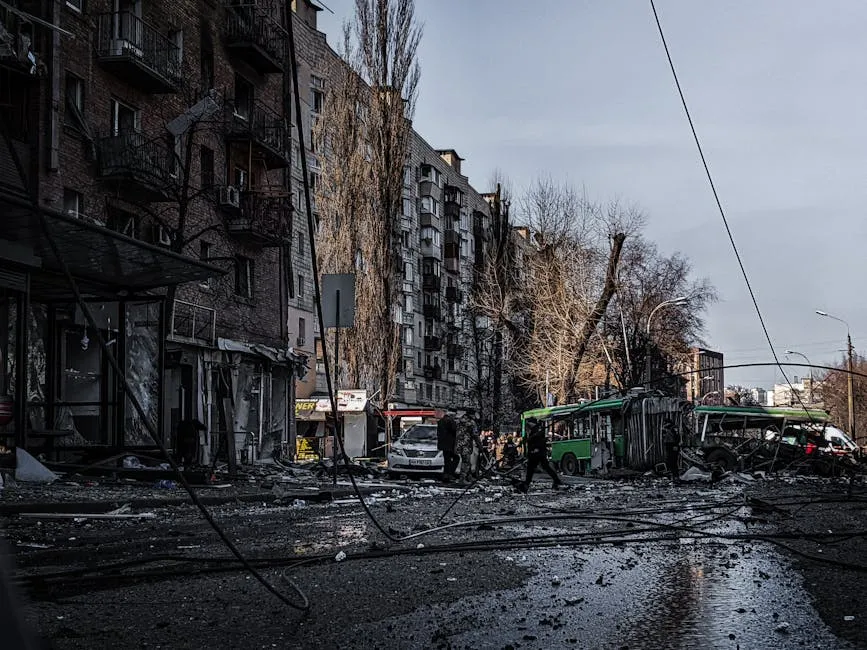
The Dark Side of Cryptocurrency: Fueling Modern Warfare and Conflict
In recent years, cryptocurrency has emerged as a powerful force in the global financial landscape. While many celebrate its potential to democratize finance and empower individuals, there is a troubling undercurrent that must not be overlooked: the role of crypto in modern warfare and conflict. From funding militant groups to circumventing international sanctions, digital currencies are shaping the modern battlefield in ways that pose significant challenges for governments and global security.
Cryptocurrency as a Financial Lifeline
For various factions around the world, cryptocurrency has become a shadowy lifeline. This digital form of currency allows groups to raise funds, purchase weapons, and even finance ballistic missile programs without the scrutiny that traditional financial systems impose. With the ability to operate outside the purview of regulatory bodies, crypto offers a level of anonymity and flexibility that is particularly attractive to those engaged in illicit activities.
Bypassing Sanctions with Digital Currency
One of the most alarming aspects of cryptocurrency’s involvement in conflict is its effectiveness in bypassing sanctions. Countries and groups facing international restrictions often turn to digital currencies to continue their operations. For instance, nations that are isolated due to international sanctions can use cryptocurrencies to facilitate trade and acquire essential goods, including military equipment. This not only undermines the intended impact of sanctions but also prolongs conflicts and destabilizes regions.
The Evolution of Funding Mechanisms
Historically, militant groups have relied on various funding mechanisms, from donations to drug trafficking. However, the rise of cryptocurrency has introduced a new dimension to these efforts. The decentralized nature of blockchain technology allows for the creation of fundraising campaigns that are harder to trace and shut down. Crowdfunding platforms utilizing cryptocurrencies enable these groups to garner support from sympathizers around the world, making it easier than ever to finance their operations.
The Role of the Dark Web
The dark web, often associated with illegal transactions, has also become a marketplace for cryptocurrencies. Here, individuals and organizations can buy and sell everything from weapons to stolen data, all while remaining largely anonymous. This environment provides a breeding ground for conflict, as the barriers to entry for funding and resource acquisition are significantly lowered.
Governments Responding to the Threat
In light of these developments, governments and regulatory bodies are scrambling to adapt. The challenge lies in balancing the need for innovation in the financial sector with the imperative to prevent the misuse of cryptocurrencies. Some countries have begun implementing stricter regulations, while others are exploring the potential for central bank digital currencies (CBDCs) that could offer a state-controlled alternative to decentralized cryptocurrencies.
The Path Forward
As the intersection of cryptocurrency and conflict continues to evolve, it is crucial for stakeholders—governments, tech companies, and civil society—to engage in a dialogue about how to address the challenges posed by digital currencies. While cryptocurrencies offer undeniable benefits, their potential for misuse in the context of warfare cannot be ignored.
By fostering a collaborative approach to regulation and education, we can work towards harnessing the positive aspects of cryptocurrency while mitigating its risks in the realm of conflict. The future of warfare may increasingly depend on digital currencies, making it imperative that we understand and address these dynamics before they further entrench violence and instability around the globe.


